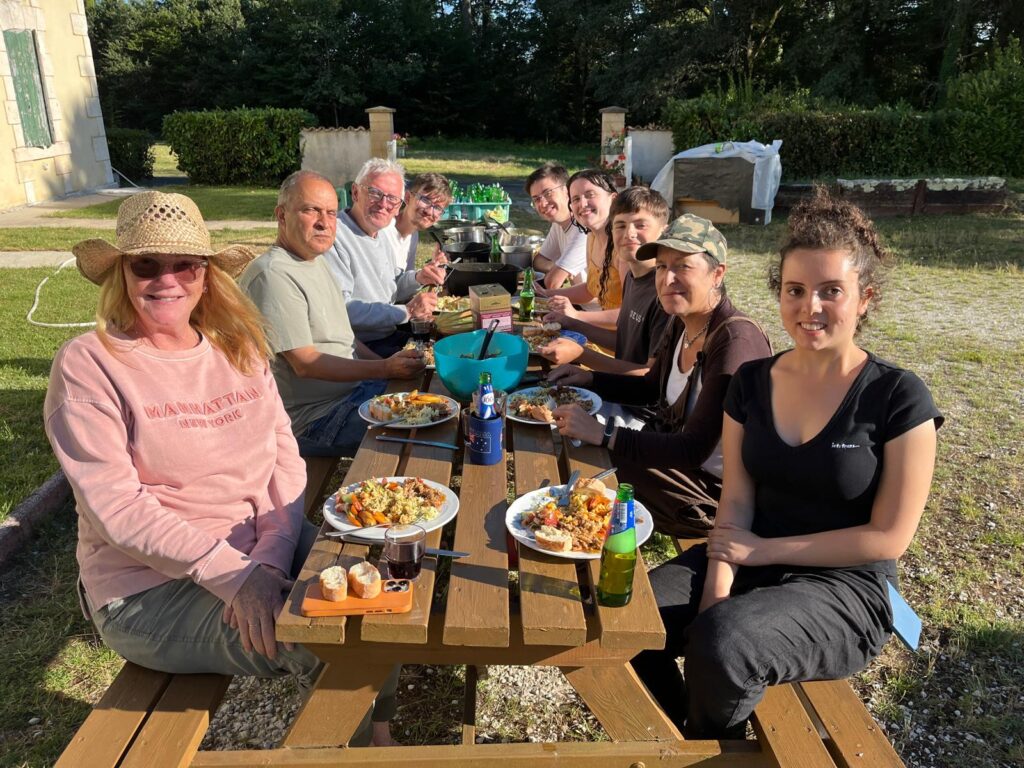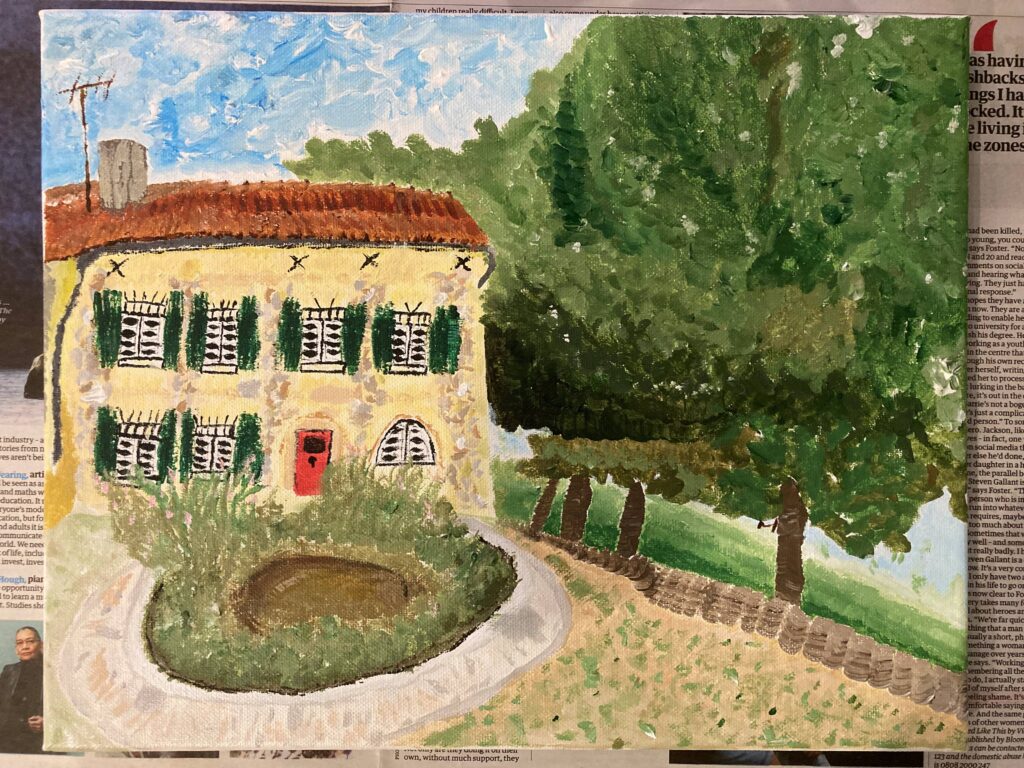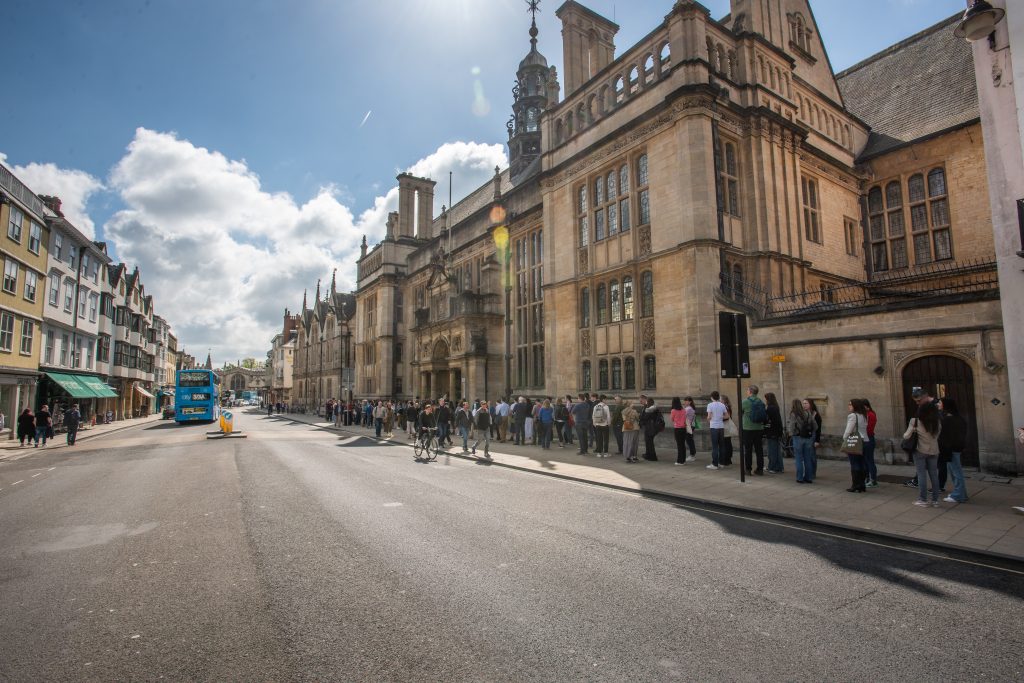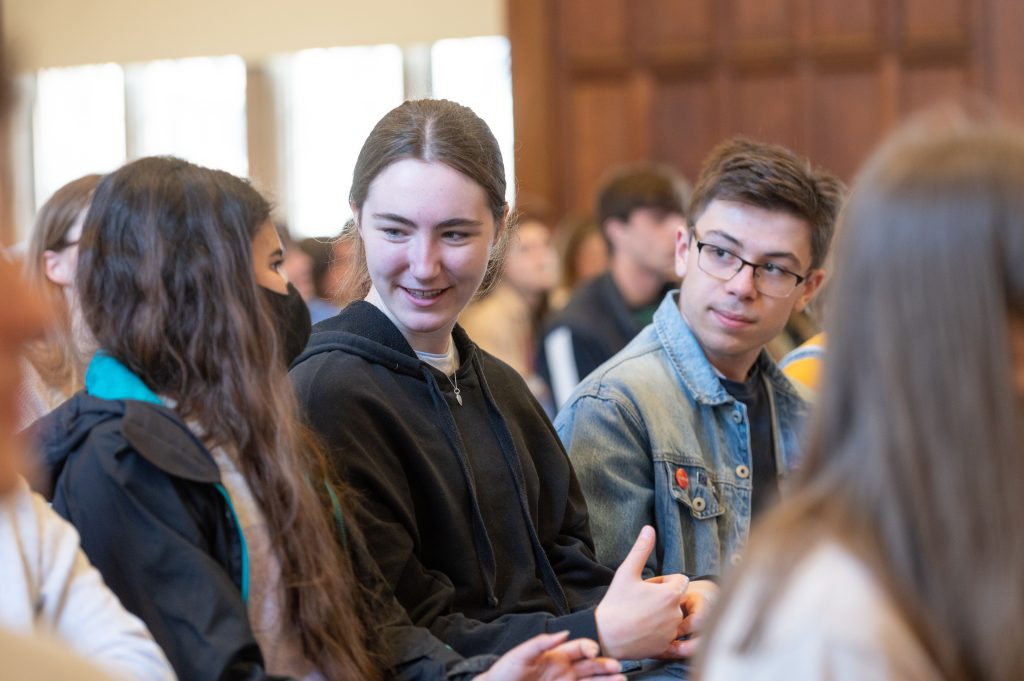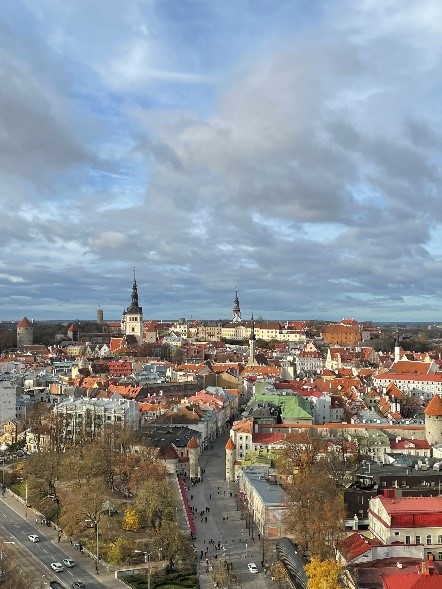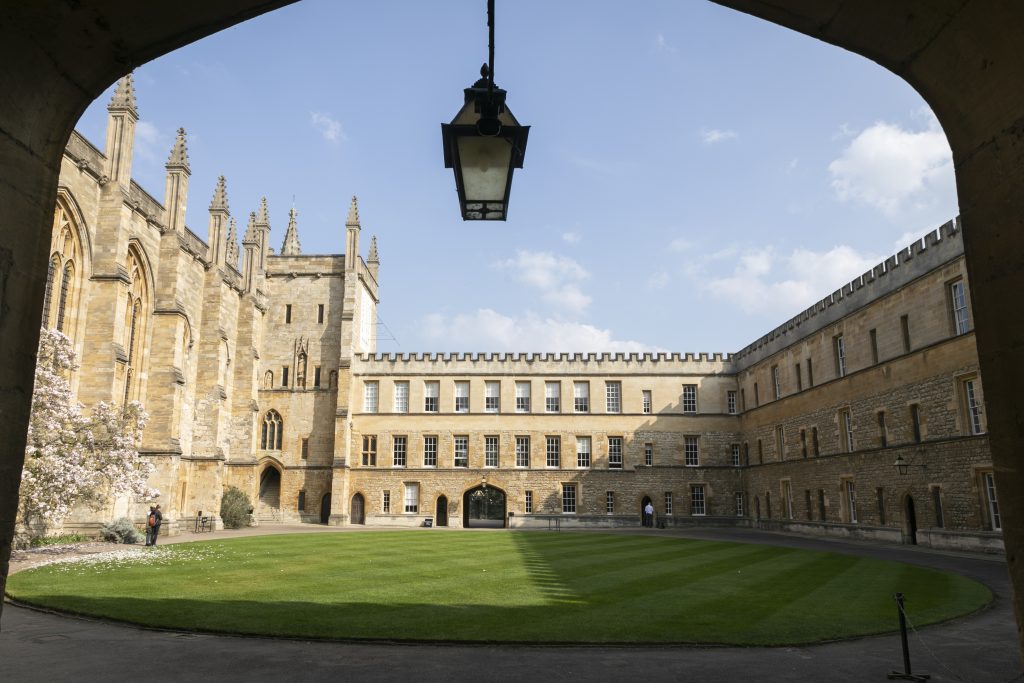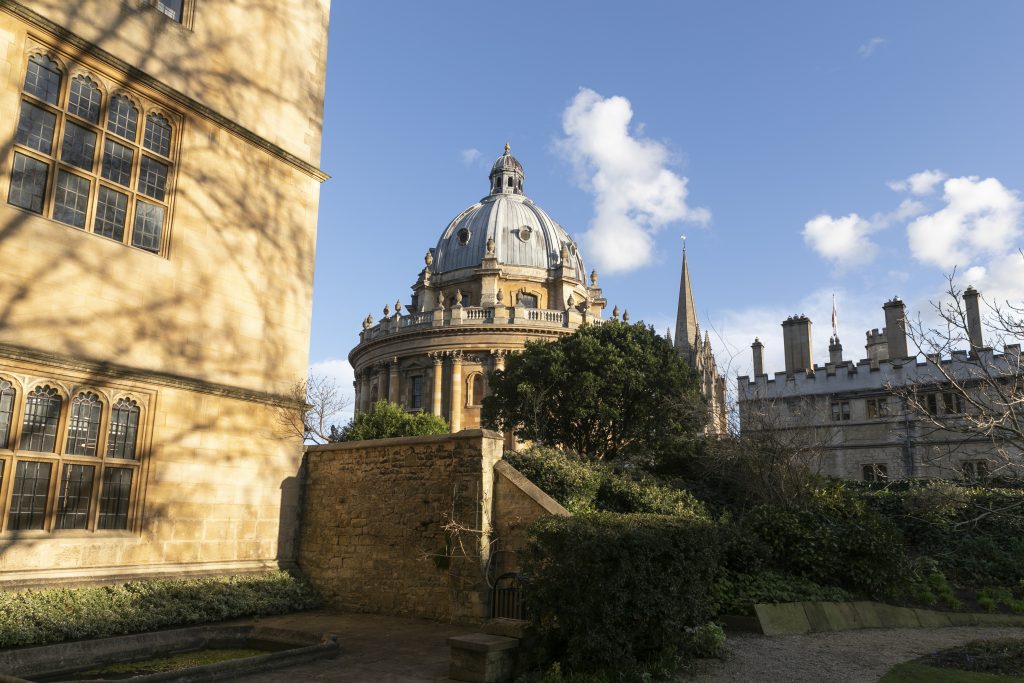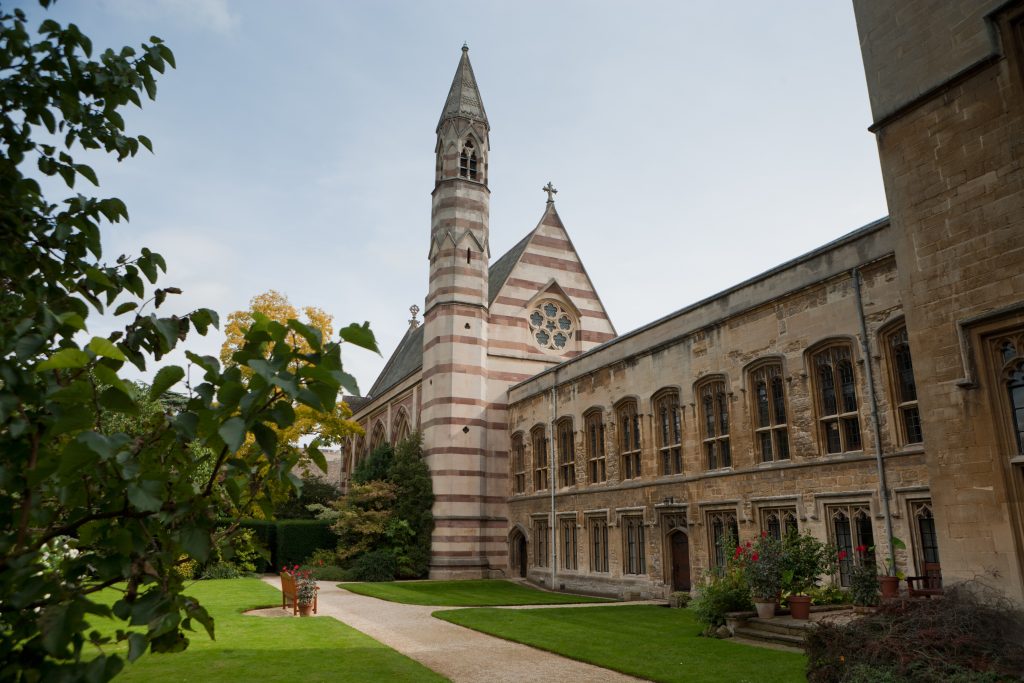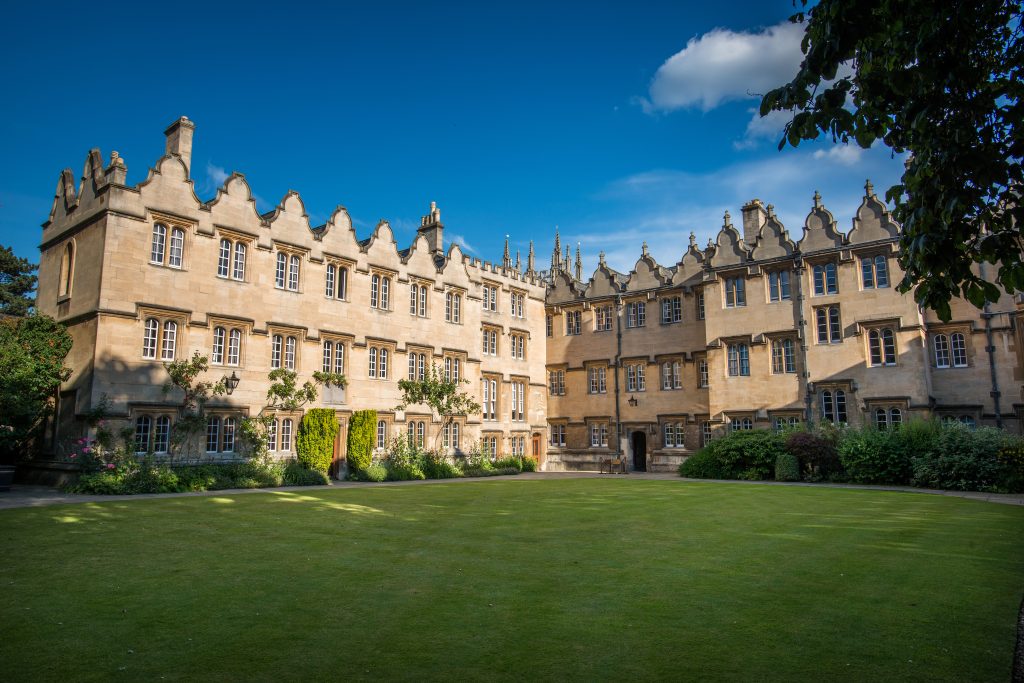On the blog this week, final year German and Portuguese student, Aaron, reflects on some of the practical elements of organising and preparing for his year abroad…

My name’s Aaron, I study German and Portuguese at Wadham, and as I’m writing this blog post, I’ve been back at Oxford for one term since my year abroad. For the first half of my year abroad, which is the time I’ll mostly be focusing on here, I was based in Berlin. Before my year abroad, I had to take some time away from my studies due to some personal issues, so I hadn’t been in Oxford for two years before I went to Berlin, meaning I also hadn’t really spoken much German! As you can imagine, I was definitely nervous to go. I’m lucky enough to have had the opportunity for the odd visit to Germany before, but living on my own so far from home was this strange mix of nerves and excitement… The thing is, the one thing I think everyone comes to agree over their time at uni (whether at Oxford or not) is that you absolutely have to love what you do, and I really do love speaking German, so I’d been looking forward to the year abroad for a long time.
For a year abroad as an Oxford student, you agree what you’re going to do with your college tutor (often called your organising tutor – you may have two if you do two languages), with the general options being: teaching in a school via the British Council, studying at a university, or finding some form of internship. That said, I was doing a virtual internship with a company based in Hamburg, because I had a couple of friends in Berlin and wanted to be able to find other opportunities while I was out there.

Finding accommodation can seem super daunting, but it’s one of those things that always kind of works itself out – in my case, I found an apartment through a private renting website that was pretty central, but the great thing about Berlin (and most of Germany, to be honest) is that the transport links are much better than I’m used to, coming from Newcastle, so you could get to just about any part of the city within an hour. A lot of people tend to use something like AirBnB to find a temporary place to stay, then find a more permanent place after a couple of weeks. This is a great tip for saving money as you can usually find better deals locally.
The other biggest hurdle to tackle is visas – this is definitely something you need to research well before you arrive in your chosen country, around the same time as searching for internships and study places. Lots of countries require visas to be dealt with before you arrive in the country, and this can require sending your passport off too, so it’s vital to get this sorted in good time. There are also often requirements for what you need to do once you arrive in the country; for example, in Germany, you usually have to register at an address when you’re staying for over a certain amount of time.
Having said all of this, one of the great things about the year abroad is the flexibility of it all. For example, lots of people will get a study placement that lasts maybe three months, but book their accommodation for an extra three months and either travel around the country (especially with trains in continental Europe generally being drastically cheaper than in the UK) or try to find an internship, etc. I personally found a lot of time for this outside of my internship hours, but obviously this depends on exactly what your placement requires.

In terms of staying connected to Oxford, it was actually a lot easier than I thought it was going to be. Since the COVID-19 pandemic, societies and student groups on the whole have moved a lot of their stuff online, making it really easy to get involved with from afar. I wrote articles for R:Ed, Africa’s largest lifelong learning and mentoring resource, edited for a number of student publications and managed to set up my own student-led project, all from the comfort of my Berlin flat. This meant it was really easy to keep my finger on the pulse of the student community in Oxford and still feel connected.
That’s all from me for now – next time, I’m going to talk a bit more about my specific experience in Berlin and what sort of things you can do on the year abroad once you’ve dealt with all the admin!

